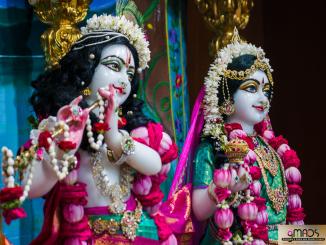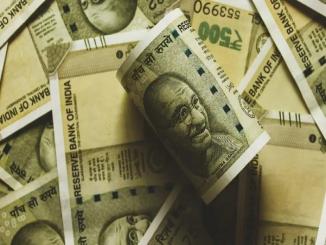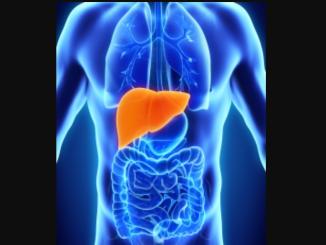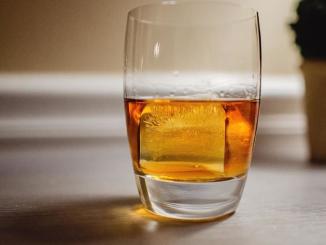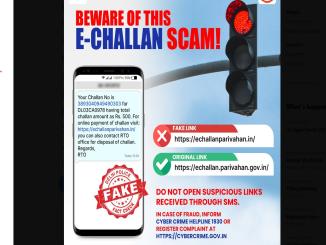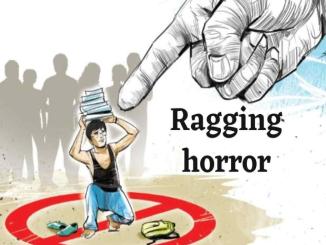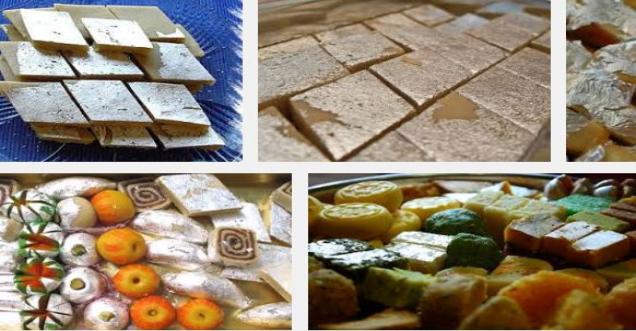
India, October 27: The one question everyone should ask this dipawali is that, is it safe to eat the silver coated sweets. At the time of Dipawali it is common to buy sweets for ours homes. Even we buy these sweets and distribute to people and friends. With the festival of lights, Dipawali on the doorstep, the nation comes to life with people rushing to the nearest shop to pack their sweets for them and their loved ones.
Everyone likes to have sweets? But there is chances that sugar, jaggery, and honey or the traditional Indian sweets that you are having are adulterated, especially the silver coated ones.
Sweets are traditionally covered with edible silver foil, popularly known as ‘varkh’, to give them a beautiful look. Many unscrupulous sweetmeat makers use foils made of other metals such as aluminum that can be harmful to health.
The Food safety officer have warned of spurious and adulterated sweetmeats as well.
"In the last few years, we have picked up a few samples which contained aluminium foil instead of silver. All the samples that we have picked up were from smaller sweet shops. Unfortunately, it is very difficult for the common man to make out the difference between both of them," said food safety officer.
Aluminum accumulates in body tissues, especially in the bones and It can also enter the brain. During pregnancy, it can cause damage to the placenta and foetus. It is suspected that aluminium poisoning is a major cause of dementia and Alzheimer’s disease.
The simplest way to figure out the difference between the two is to touch the layer. "The consumer only needs to wipe the top layer of the sweet. If the silver residue sticks to your hand, it is definitely aluminum," said the FSO.




